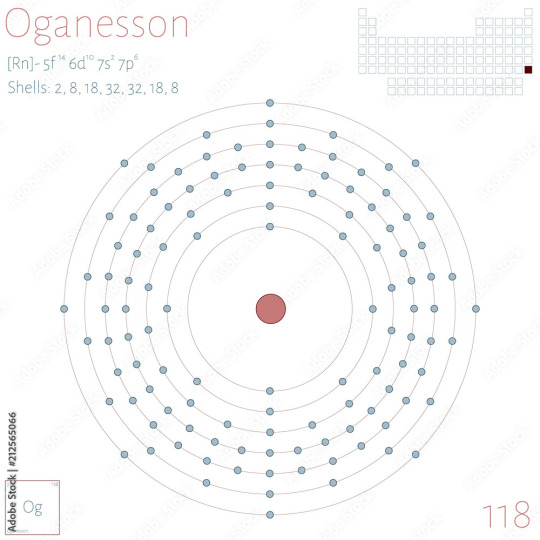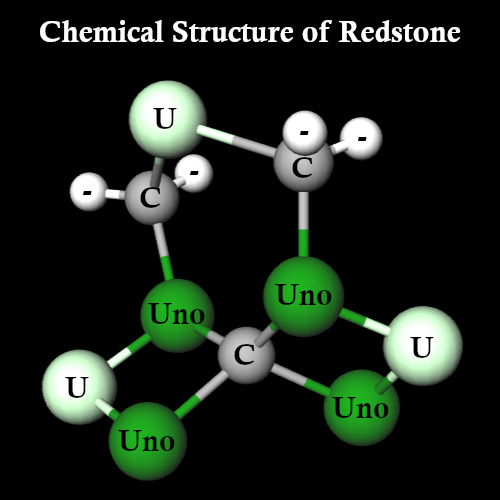Text
Cannot FUCKING stand when my loose leaf tea says to add tea in tablespoons instead of teaspoons. I'm sorry, bitch. Am I making tea or am I making a table. Let me double fucking check.
38K notes
·
View notes
Text
If you spray perfume/fragrances in a crowded space I get the right to kill you btw
#sincerely someone with migraines triggered by certain scents#with curtisy from a friend with allergies#and a thanks from a classmate with asthma
1 note
·
View note
Text
@plaguedocboi

i made a list while i was hiking apparently
66K notes
·
View notes
Text

familywalk
773 notes
·
View notes
Text
The Chemical Structure of Redstone
So I was curious about what the chemical structure of Redstone looks like, and Minecraft Education Edition, albeit unintentionally, gives us a canon look into what Redstone is made of:

In Minecraft Education Edition, putting a Redstone Block into a Material Reducer shows that it's composed of 31 Carbon, 31 Uranium, and 38 Unobtanium, which we can assume to be measured in grams
Dividing the Redstone Block into Redstone Dust, each Redstone Dust is then composed of approximately 3.4 Carbon, 3.4 Uranium, and 4.2 Unobtanium
Again assuming that's measured in grams, that's 0.17 cm³ of Uranium, 1.496 cm³ of Carbon, and ???³ of Unobtanium per Redstone Dust
So what does this tell us about the chemical structure of Redstone? Basing this on Redstone Dust's composition, we can estimate that each Redstone molecule is composed of 3 Carbon atoms, 3 Uranium atoms, 4 Unobtanium atoms, a little under half of the time it binds to an extra Uranium and/or Carbon, and 20% of the time it binds to an extra Unobtanium
This also has some horrifying implications for how Redstone works:
Redstone would be extremely volatile as the radioactive decay from Unobtanium and Uranium would occasionally release Helium ions through alpha radiation, sometimes breaking apart Carbon into two Beryllium atoms (as it absorbs the extra proton and neutron from the Uranium) or merging into Oxygen
So Redstone should, in theory, be extremely flammable and potentially explosive, which implies that cave static, or the player mining Redstone with an Iron Pickaxe, could lead to a spark that causes an explosive cave-in
As Unobtanium is just a placeholder for unobtainable elements (hence the name), I'm going to estimate Unobtanium in this case as Unbinilium, the placeholder name for element 120
Why?

I'm estimating the Unobtanium as Redstone as being larger than the largest man-made element, Oganesson, which holds an impressive 118 protons
Each valence electron shell, from innermost to outermost, can bind with 2, 8, 18, 32, 32, 18, and 8 shells respectively, so I'd like Unobtanium to be an element we haven't discovered yet, and consequently I'd like to jump up to the next shell
While I could estimate with element 119's placeholder, Ununennium, it would have one electron in the next shell, so Unbinilium allows for easier chemical binding
So what does this molecule look like then? Well, horrifyingly...

It looks like this. As Redstone forms in crystal lattices, and only two Carbon atoms are free to bind, I can absolutely see why it's so brittle that it breaks into powder.
This makes the structure of Redstone:
C3U3Uno4 (55% of molecules) C4U3Uno4 (13% of molecules) C3U4Uno4 (13% of molecules) C4U4Uno4 (7% of molecules) C3U3Uno5 (5% of molecules) C4U3Uno5 (3% of molecules) C3U4Uno5 (3% of molecules) C4U4Uno5 (1% of molecules)
An extremely radioactive, flammable, and explosive compound.
4K notes
·
View notes
Text
if your weird enough with the homies you can break all boundaries of platonic/romantic love and make a third, more evil thing
96K notes
·
View notes
Text
(voice of a girl who's already weird about it) can i be weird about this
28K notes
·
View notes
Text



Here's a cute date I went on with a lovely person I was dating for awhile earlier this year. We were FULLY locked in the whole evening lol
9K notes
·
View notes
Text

we all know who i thought of
25 notes
·
View notes
Text
the interrogation [dub by FuzzyTennisBal and Cazsu]
4K notes
·
View notes
Text


A 'shipwreck' walking stick, mid-19th century, constructed of gunmetal and reclaimed ships' timber, the handle engraved with ships at sea, the collar inscribed 'Mary Rose Sunk 1545 Raised 1840', 84.2cm long
Possibly related to Charles and John Deane. They were contracted to remove wrecks by the Admiralty, notably the 'Royal George'. With the assistance of Augustus Siebe, they developed the first practical diving suit in 1837, and used it in 1840 to raise cannons and salvage from the Mary Rose. It is most likely they commissioned this stick using oak timber and gunmetal to commemorate the event.
136 notes
·
View notes



